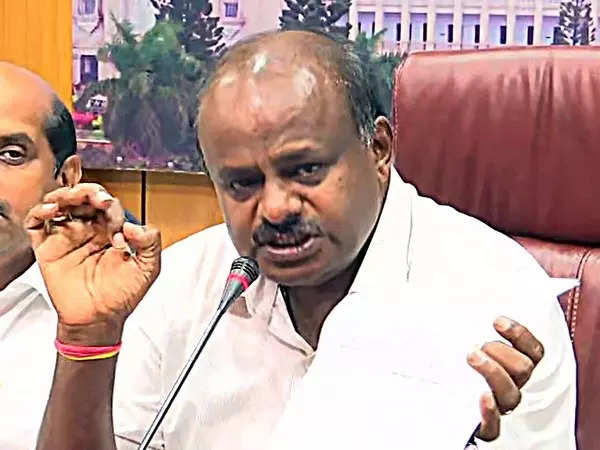
TODAY, the Philippine Red Cross (PRC) celebrates 77 years of transformative humanitarian service in the country.
Through its 102 chapters across the country, the organization maintains its commitment to bring about change, dignity and progress to the lives of millions of Filipinos in times of emergencies and disasters.
The history of the PRC is intrinsically linked with the Philippine Revolution. The Malolos Republic founded the National Association of the Red Cross, or Asociacion la Nacional de la Cruz Roja, on Feb. 17, 1899. Hilaria del Rosario de Aguinaldo, the first wife of Gen. Emilio Aguinaldo, was its first head.
The association raised money for food and medicines for the revolutionary forces, and its volunteers tended to the casualties of the war.
The association was replaced in 1917 when the American Red Cross opened a Philippine chapter.
In 1934, President Manuel Quezon established an independent Philippine Red Cross.
During the Second World War, the Japanese set up its version of the Red Cross in the Philippines, which was dedicated almost exclusively to looking after interned Americans. When the war ended in 1945, it was replaced by another Red Cross organization, this time with a Filipino manager, Dr. J. Horacio Yanzon.
In 1947, President Manuel Roxas signed Republic Act 95, creating the Philippine National Red Cross (PNRC). Aurora Aragon Quezon was appointed as the first PNRC chairman.
On April 15 of that year, the organization had its inaugural ceremony. Just days later, the PNRC joined the global Red Cross community when it became a member of the International Committee of the Red Cross (ICRC).
The PRC faced a formidable challenge when the coronavirus pandemic swept the country in 2020. The organization became a key partner of the government in building a Covid-19 response, conducting testing for the disease, and setting up isolation facilities and emergency field hospitals.
To sustain and improve its services, the PRC has increased the quantity and quality of its logistics, assets and facilities over the years. It strengthened the capacity of its Operations Center, a state-of-the-art command center connected to all the chapters across the country. Through the center, the organization provides a prompt and coordinated response that maximizes the impact of its volunteers and logistics.
The organization also now boasts a fleet of 178 ambulances, food trucks, rescue trucks, fire trucks, humvees, amphibians, rescue boats, Volunteer Emergency Response Vehicles, water tankers with water bladders, and payloaders to clear debris in case of disasters. The MV Amazing Grace, a humanitarian ship, is another vital asset that provides rescue and relief items throughout the country.
To operate these assets and logistics, PRC chairman and CEO Richard "Dick" Gordon invested heavily in recruiting volunteers and developing an extensive network of trained emergency medical services personnel. Under his leadership, the PRC now has over 2 million volunteers across the country who can operate humanitarian assets, perform first aid or respond to emergencies in their communities.
The PRC's enhanced logistics, increased number of volunteers and Operations Center fulfills the equation "Volunteers + Logistics + Information Technology = A Red Cross that is Always First, Always Ready, and Always There" — a mantra that guides PRC in its responses to vulnerable communities. Its focus on these three areas has enabled it to provide critical assistance to millions of Filipinos affected by natural disasters, pandemics and other emergencies.
Over the years, Chairman Gordon, along with PRC Secretary General Dr. Gwen Pang, also crystallized the need for immediate collective action to address climate change, advance gender equality, augment the country's blood requirement and improve the grassroots health care provision. These endeavors significantly enhanced the organization's efforts to secure peace, sustainable development and humanitarian aid. Chairman Gordon's legacy will endure for years as the PRC continues to inspire hope and aid for Filipinos in need.
But at the heart of the Philippine Red Cross is the corps of volunteers who have dedicated themselves to the service of humanity. Because of their selfless effort, the organization continues to be a beacon of humanitarianism and volunteerism in the country.
Read The Rest at :






